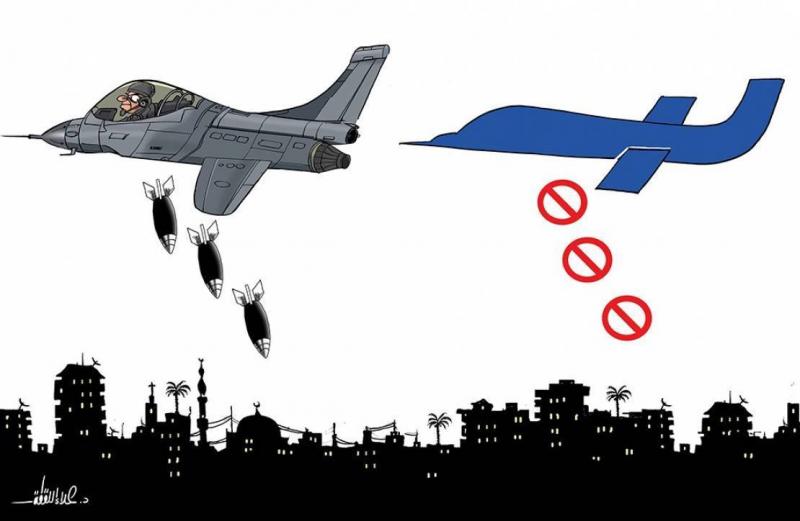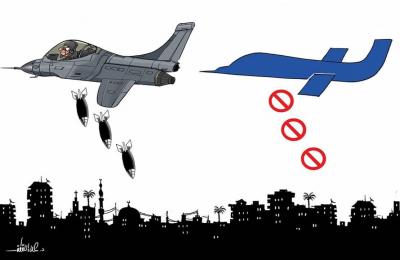The organization "Human Rights Watch" announced that Meta's policies have increasingly silenced pro-Palestinian voices on the platforms Instagram and Facebook amid the Israeli war on Gaza. The organization clarified that there is a pattern of unjustified removal and suppression of pro-Palestinian content, including peaceful expression and public discussion about the human rights of Palestinians.
A report released on Wednesday, December 20, titled "Breach of Promises: Meta's Policies and Censorship of Palestinian-Related Content on Instagram and Facebook," noted that the issue stems from flaws in the company's policies and implementation, characterized by "contradictions and errors, an overreliance on automated tools for content moderation, and unwarranted government influence on content removal processes."
Debra Brown, Acting Director of Technology and Human Rights at Human Rights Watch, stated that Meta's censorship of pro-Palestinian content "exacerbates the situation amid the atrocities and horrific forms of repression that already stifle Palestinian expression." She added that "social media platforms are essential for people to witness violations and express their rejection of them, yet Meta's censorship aggravates the erasure of Palestinian suffering."
The organization reported that it reviewed 1,050 instances of online censorship in over 60 countries and found they align with findings from reports by Palestinian, regional, and international human rights organizations detailing Meta's censorship of content supportive of Palestinians.
Human Rights Watch identified six key patterns of censorship, each occurring in at least 100 cases: content removal, suspending or removing accounts, inability to interact with content, inability to follow or tag accounts, restrictions on using features like live broadcasting on Facebook/Instagram, and reducing a person's post visibility without notice (shadow banning).
In over 300 cases, users were unable to appeal the removal of content or accounts due to flaws in the appeal mechanism, which deprived them of effective remedies, according to the report. In hundreds of documented cases, Meta relied on its "dangerous organizations and dangerous individuals" policy, fully encompassing the lists of "terrorist organizations" designated by the U.S. The report states that Meta applied these lists comprehensively to restrict legitimate expression regarding combat actions between Israel and Palestinian factions.
The organization also noted that the implementation of the company's "newsworthy content" policy was fraught with contradictions, as dozens of posts documenting Palestinian injuries and fatalities with news value were removed. The report indicated that Meta is aware of the flaws in its implementation of these policies, and that Human Rights Watch previously warned in a report published in 2021 that the company "arbitrarily silences many individuals without explanation."
The organization mentioned that it shared its current findings with Meta, and the company responded by stating that its human rights responsibilities and principles guide its "immediate crisis response measures." Human Rights Watch urged the company to reform its policies and ensure that content removal decisions are transparent and impartial, as well as to allow for protected expression on its platforms, including expressing human rights violations and political movements.
Debra Brown stated, "Instead of repeated apologies and empty promises, Meta must decisively demonstrate its seriousness in addressing Palestinian-related censorship by taking concrete steps toward transparency and reform."




